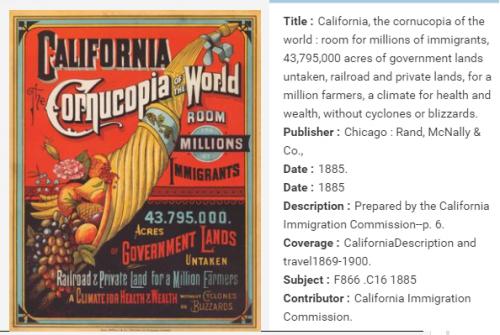 6
6 When a reader knows more information than a character in a work, the author uses dramatic irony. A writer may use this literary device to build suspense, create tension, or sustain a reader's interest. ... Consequently, the words or actions of the unsuspecting character contradict the actual situation
Explanation:
 63
63 Irony is a figurative expression that is used by a speaker to show the opposite of what he truly means. This is usually done for humorous or satirical effect.
Therefore, in order to find out how an author uses irony to contribute to a story's meaning:
First understand what the author really meansNext, you carefully observe his choice of wordsThen, identify the irony in his words Use the irony to find out how it contributes to the story's meaning.Read more here:
link
 63
63 Irony is a figurative expression that is used by a speaker to show the opposite of what he truly means. This is usually done for humorous or satirical effect.
Therefore, in order to find out how an author uses irony to contribute to a story's meaning:
First understand what the author really meansNext, you carefully observe his choice of wordsThen, identify the irony in his words Use the irony to find out how it contributes to the story's meaning.Read more here:
link
 51
51 The author uses irony to contribute to the story's meaning. The author uses situational irony, because we all expected for Dickie to pass the test but not get killed. In the story we see that the parents are worried, " He wanted the day to be happy, and the moistness of his mother’s eyes, the scowl on his father’s face, spoiled the mood of fluttering expectation with which he had greeted the morning. " This shows how his parents are worried. This then leads the reader to infer that they are afraid that the kid will not pass. Then we see that the parents receive a phone call stating that dickie passed and even exceeded the intelligent quotient.“This is the Government Educational Service. Your son, Richard M Jordan, Classification 600-115 has completed the Government examination. We regret to inform you that his intelligence quotient is above the Government regulation, according to Rule 84 Section 5 of the New Code.” We expected for every one to be happy that he passed the test with high marks, instead they killed him. This contributes to the meaning by showing use how unpredictable dystopia's can be. It shows us that intelligence can see as a harm to others.
 51
51 The author uses irony to contribute to the story's meaning. The author uses situational irony, because we all expected for Dickie to pass the test but not get killed. In the story we see that the parents are worried, " He wanted the day to be happy, and the moistness of his mother’s eyes, the scowl on his father’s face, spoiled the mood of fluttering expectation with which he had greeted the morning. " This shows how his parents are worried. This then leads the reader to infer that they are afraid that the kid will not pass. Then we see that the parents receive a phone call stating that dickie passed and even exceeded the intelligent quotient.“This is the Government Educational Service. Your son, Richard M Jordan, Classification 600-115 has completed the Government examination. We regret to inform you that his intelligence quotient is above the Government regulation, according to Rule 84 Section 5 of the New Code.” We expected for every one to be happy that he passed the test with high marks, instead they killed him. This contributes to the meaning by showing use how unpredictable dystopia's can be. It shows us that intelligence can see as a harm to others.

The correct answer is: simile
Through this text, we can see that the phrase "It is as if a great earthen pot has dropped from an unreachable rafter'' represents a comparison with the doubts that the narrator presents. This comparison is made through two elements that have nothing in common, but that the author uses to create a new meaning about one of them. This is done through simile.
neither black nor white but they were called Colored people
Answer:
In lines 578-579, Mrs. Keeney tells her husband why she wanted to sail with him: "I wanted to seeStep-by-step explanation:
make necessary changes as required to make the points better
 1
1 Answer:
The phrase "we'll head north again, in other words, to the land of sensible people" shows that the entire venture, planned by the Professor and the Captain was not wise. It has a critical tone.Step-by-step explanation:
The phrase above was uttered by the Canadian in the book, "Twenty Thousand Leagues Under the Seas Revised" By Jules Verne. He meant that the venture which they had undertaken was fruitless and unwise.
He criticized the journey because at that time the Nautilus was stuck in the ice and could no longer move forward.

It will provide an instant answer!
